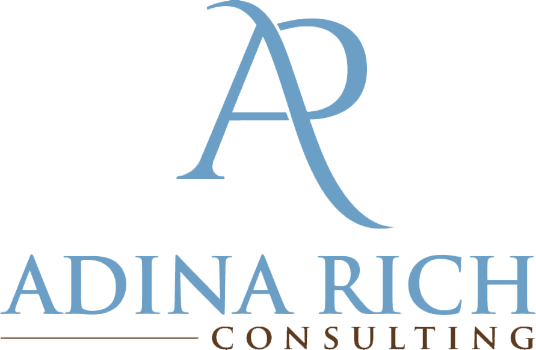Transitions
Monday, January 20, 2020 | By: Rich Educational Consulting
The new decade brings change and transition. perhaps you and your child are about to embark on a transition as well. For example, you may be looking at pre-school or day care for your child. Or maybe, looking at kindergarten, or prepping for middle or high school. Although the second semester is barely underway, it is not too early to begin to formulate questions about and begin discussing how next year's transition should look.
Many parents I meet feel like the schools should have the answers. And many times they do. But I think, sometimes, that schools forget that this may be old hat to them, but parents may not be prepared or understand the options that schools have to offer. And, parents, don't forget that you are an expert on your child, so the one program fits all students may not be the best fit for your child.
But before any program is out on the table, it is important to consider what you are looking for. Small class sizes are often good for academic instruction or targeted intervention, but think about if the age range is wide such as a K-2 program, that social opportunities may need to be addressed. And academics. When schools discuss functional academics, parents are sometimes bewildered when the content of the class does not match their own academic expectations. Ask what curriculum supports are utilized in the classroom and how closely aligned to the state standards the curriculum is.
Behavior challenges are another important component of programming. The function of the behavior is often overlooked and sometimes it is really easy to place a child in a behavior classroom without truly understanding the need that the child has that is not being met.
Another challenge for parents is often the pushback received from schools when they ask about inclusive classrooms and equal opportunities in the secondary arena. It can sometimes be difficult to get schools to understand the how and the why behind the request. Visiting the receiving school is also something I frequently recommend, to get a lay of land, administrator's philosophy, and potential concerns that might arise.
Communicating concerns about your child's ability to organize homework, assignments, due dates, remember and prioritize teacher instructions and to study for tests is another area that is difficult for some. Although the idea is that children come ready made to perform these tasks, the reality is that many don't and it's imperative that schools are prepared to partner with parents to teach these skills.
Discussing the upcoming transition with your child may also help identify questions or concerns that wouldn't have been thought of otherwise. And as usual, if we can help you in any way, please feel free to reach out. We always appreciate the opportunity to collaborate and partner with you to make this year the best one yet!

